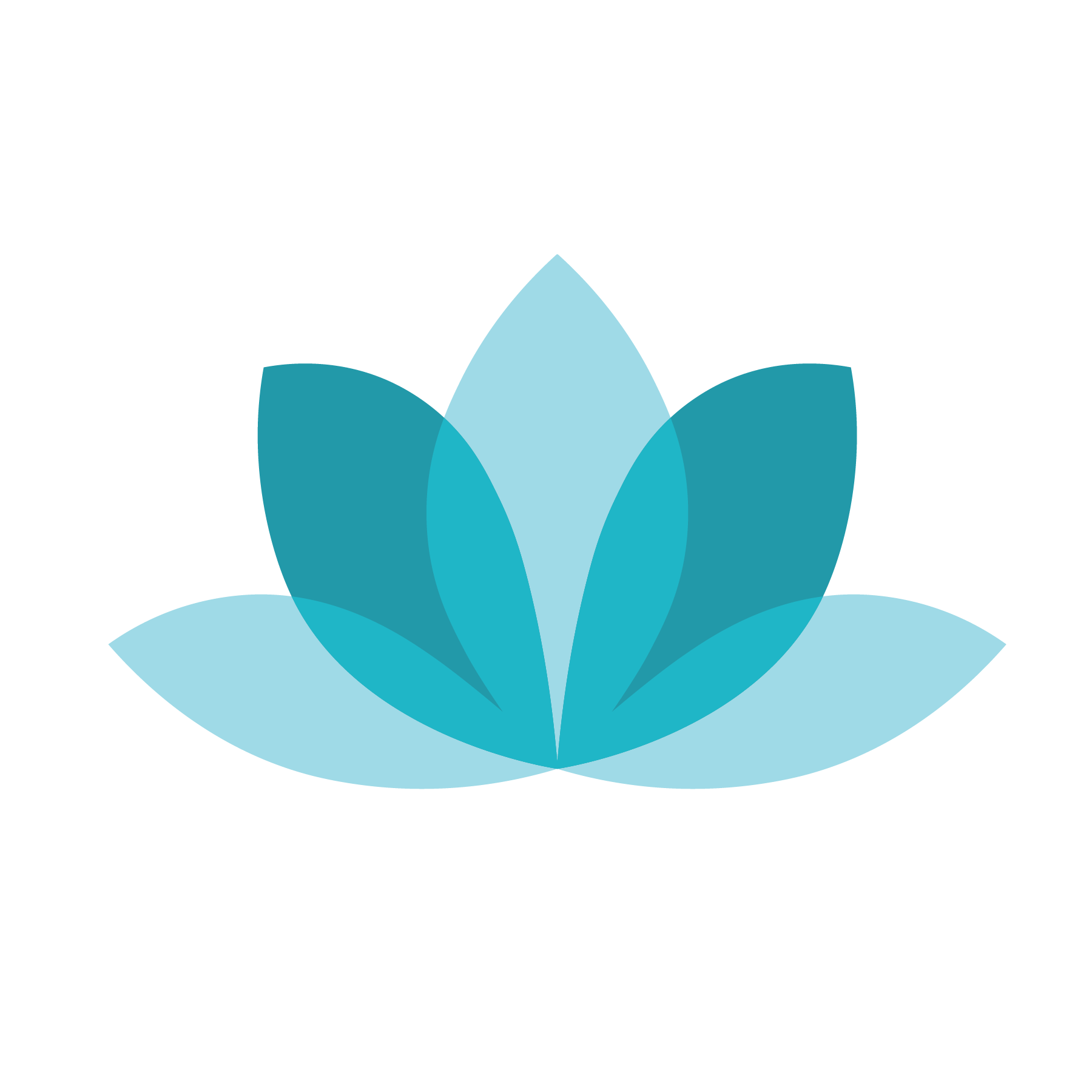Unspoken Love, Unspoken Sexuality: Exploring LGBT Asian America
For the past few weeks, I have been taking part in an APASS program called CIRCLE. CIRCLE (Critical Issues in Race, Class, and Leadership Education) is a seven-week educational leadership program focused on developing awareness of the Asian Pacific American community by exploring contemporary APA issues and experiences. This week's discussion topic was "gender and sexuality," where we explored different gender stereotypes and LGBT issues faced by the Asian Pacific Islander community. We also had a special guest speaker, Natalie L. Nguyen from Center for the Pacific Asian Family (CPAF), an APIA domestic violence and sexual assault shelter, to join us and share a little information about gender and sexuality issues. Our discussion last week has made me think about the unique challenges faced by the APA community when it comes to gender and sexuality. The emotions, responses, and attitudes of Asian parents about sexuality certainly contribute to this distinctive problem. It is widely known that traditional Asian families like to avoid direct expression of love. Growing up in a conventional Asian family, I have never heard my parents say "I love you" to me in either Cantonese or English. In a similar fashion, my parents tend to avoid topics relating to dating or sex. I never dared to tell them about the boy I liked in my high school geometry class nor do I recall any conversations with my mom about the birds and the bees. My parents are especially conservative when it comes to dating. I remember I jokingly told my mom that I'd like to date a non-Asian boy someday. And she totally flipped. She scolded me and taught me that going out with guys other than my own race is an "unacceptable" behavior. During CIRCLE, we were asked a series of thought-provoking questions, and one of which was: "If you were a homosexual, how would your coming out affect your parents?" Knowing my parents, I wouldn't be surprised if they'd end up disowning me.
The lack of open dialogue on sexuality can lead to detrimental consequences. Coming out to their loved ones is a troubling concern for many LGBT Asian American individuals. According to "Stories from the Homefront," Alice Hom, an educator who researches on the intersections of race and sexuality, discusses the viewpoints and reactions of Asian parents concerning their queer children. In her essay, she conducts a series of interviews with parents who have found out their sons/daughters were homosexual. "Our culture usually treats the subject of homosexuality with the tried and true method of silence. In our family, like others, this silence meant ignorance," says Harold Kameya, a Japanese father of a lesbian daughter. Unfortunately, the stigma of homosexuality in the Asian community drives many LGBT individuals to remain closeted to their loved ones. Some of them fear that their parents would lose face and honor and be judged negatively in their community. In fact, in some Asian cultures, the pressure to form a "normal" family and have children forces many LGBT individuals to get married to a spouse deemed "desirable" and have children.
Recently, actor and activist George Takei (aka my favorite gay Asian man) spoke to The National Press Club about his life as a homosexual, recounting stories of the Stonewall riots in 1969 and his experiences in the Japanese internment camp. His speech sends a strong message about the struggles of the LGBT community today. If you’re a fan of Takei and his social activism, this is a must-watch.
Here are some photos of my wonderful Thursday CIRCLE family! Our session had a super duper fun social last Friday. Thanks Andy for offering his place for us to hang out :) <3
Some interesting API LGBT facts:
- About 1/3 of API same-sex couples live in California, Hawaii and New York
- LGBT API adults have higher rates of unemployment than non-LGBT API adults (11% vs. 8%)
- Overall, API individuals in same-sex couples are more likely to be citizens by birth than those in different-sex couples (40% vs 14%)
- Asian American youth know less about birth control and HIV transmission than Black or White youth
- Asian American students scored significantly higher on the homophobia measures than Caucasian students.
- Annual HIV/AIDS diagnosis rates are increasing faster among Asian Pacific Islanders than any other racial group
- API same-sex couples raising children fare worse than comparable different-sex couples in educational attainment and health insurance coverage
Kaylee Ho
Advocacy Chair

